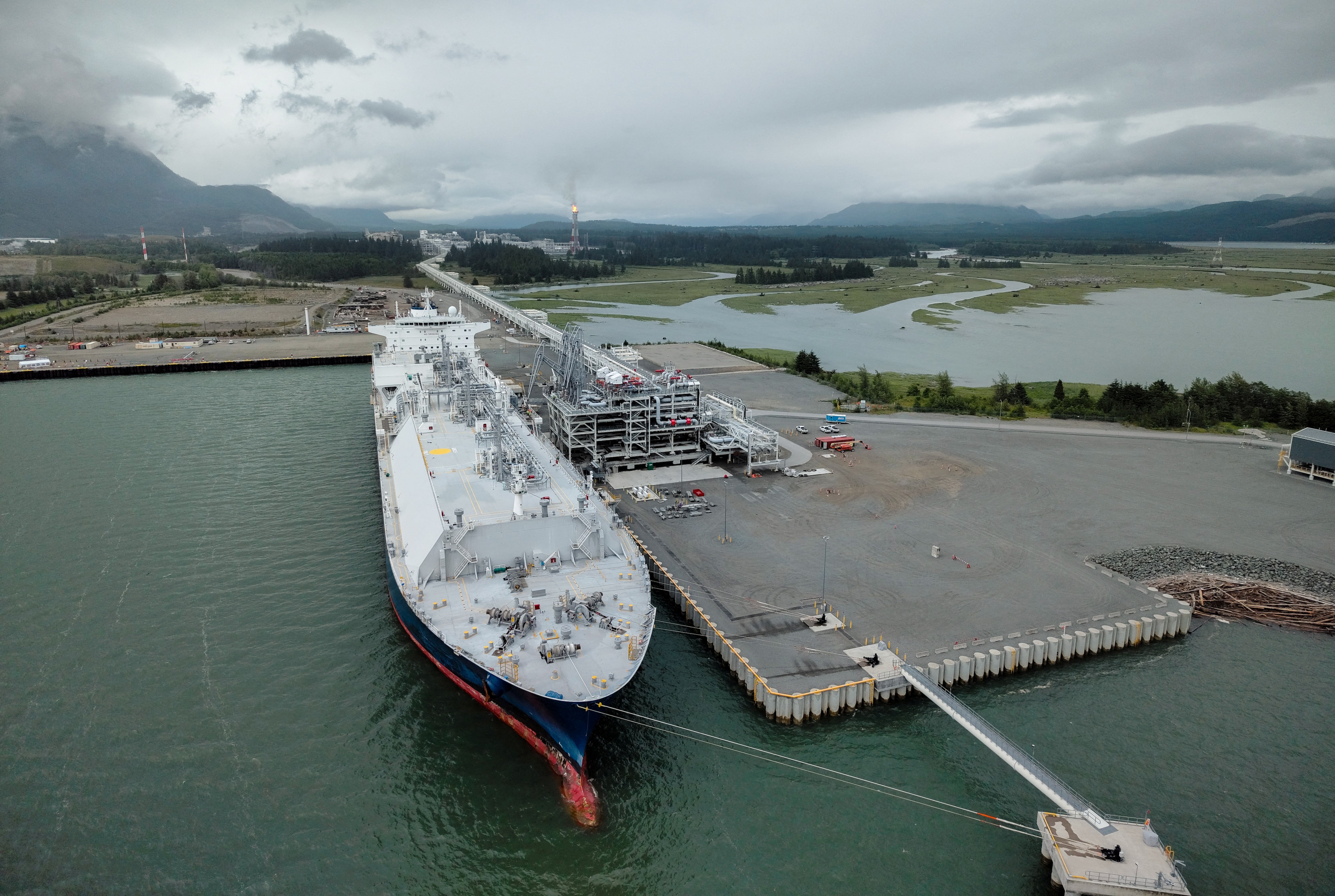How logjams at LA’s ports highlighted the global supply chain crisis - and pointed to ways to fix it
'The effects of the global supply chain crisis are visible everywhere you look.'
Image: UNSPLASH/Barrett Ward
Stay up to date:
Trade
- A tweetstorm about the congestion at LA’s ports has focused attention on the supply chain crisis.
- COVID-19 played a big role in creating the disruption that is dragging on the global economy.
- Governments in the US and other countries are stepping up efforts to remove the bottlenecks.
Flexport founder Ryan Petersen rented a boat in October 2021 and took a close look at the logjam choking the two busiest container ports in the US – Los Angeles and Long Beach. After a three-hour tour, he lit up Twitter with ideas to clear the bottleneck that’s disrupting America’s supply chain.
The main problem he found was the port terminals had no room for new containers in their yards. As a result, more than 70 ships carrying a total of 500,000 containers were left idling in San Pedro Bay, waiting for space to open up. And the back-up was only going to get worse, he said.
Port congestion in Los Angeles
With the docks so crowded, truckers couldn’t return empty containers and pick up loaded ones scheduled for delivery within the US. Petersen called the situation a “negative feedback loop that is rapidly cycling out of control”.
Petersen offered five fixes designed to get containers moving again, and his tweets went viral – a sign of how urgently the world needs to get its supply chains back on track. Long Beach responded to one of his proposals and raised its limit on how high containers can be stacked by logistics companies outside the port. A Bloomberg Opinion columnist said Petersen’s ideas “could be the tweetstorm that saves Christmas”.
COVID economic impact
The effects of the global supply-chain crisis are visible everywhere you look, from half-empty shelves in grocery stores to soaring fuel prices at the pump. COVID-19 has played a big role in creating the problems we see today. Economies contracted sharply in 2020 as many countries went into lockdown, shutting factories and cutting the supply of available goods. As we rebuild from the pandemic, demand is soaring and suppliers and logistics companies are struggling to keep up.
Governments are trying to alleviate the strain, as when US President Joe Biden announced in mid-October 2021 that the Port of Los Angeles would join Long Beach in starting to work around the clock. Biden also called on private companies to step up, because the goal “is not only to get through this immediate bottleneck but to address the longstanding weaknesses in our transportation supply chain that this pandemic has exposed”.
Snarled supply chains
The disruptions to supply chains have sent freight costs and delivery times soaring, causing a major challenge for the global economy, according to Parisa Kamali, an economist in the External Policy Division at the International Monetary Fund.

When the number of new COVID-19 cases begins to decrease, this should ease capacity and labour shortages and relieve some pressure on the global supply chain, Kamali writes in an article on the World Economic Forum website. Yet some experts aren’t convinced this will happen.
“Elevated demand during the holiday season in some of the world’s largest economies, another wave of new COVID-19 cases and extreme weather events, if they materialize, could cause supply-chain disruptions,” Kamali writes.
Impact on developing economies
While the delays at US ports underscore the importance of predictable supply chains for global economic stability, disruptions like these aren’t unique, according to William Petty, head of the Global Alliance for Trade Facilitation.
“Poor infrastructure and bureaucratic red tape mean that high costs and long delays can be the norm in developing economies,” Petty says. “They put the brakes on economic growth in countries that need it the most.”
What is the World Economic Forum doing on trade facilitation?
The Alliance is a public-private partnership for trade-led growth that supports governments in developing economies to implement trade reforms. It’s co-led by the World Economic Forum and funded by the governments of Canada, Denmark, Germany and the US.
Accept our marketing cookies to access this content.
These cookies are currently disabled in your browser.
Don't miss any update on this topic
Create a free account and access your personalized content collection with our latest publications and analyses.
License and Republishing
World Economic Forum articles may be republished in accordance with the Creative Commons Attribution-NonCommercial-NoDerivatives 4.0 International Public License, and in accordance with our Terms of Use.
The views expressed in this article are those of the author alone and not the World Economic Forum.
Forum Stories newsletter
Bringing you weekly curated insights and analysis on the global issues that matter.
More on Supply Chains and TransportationSee all
Ayla Majid
July 24, 2025
Benedikt Gieger and Alfredo Ramos Plasencia
July 7, 2025
Aarushi Singhania and Kiva Allgood
July 4, 2025
Abdulla bin Adel Fakhro
June 30, 2025
Kiva Allgood and Per Kristian Hong
June 24, 2025
Deliang Chen and Gill Einhorn
June 24, 2025






